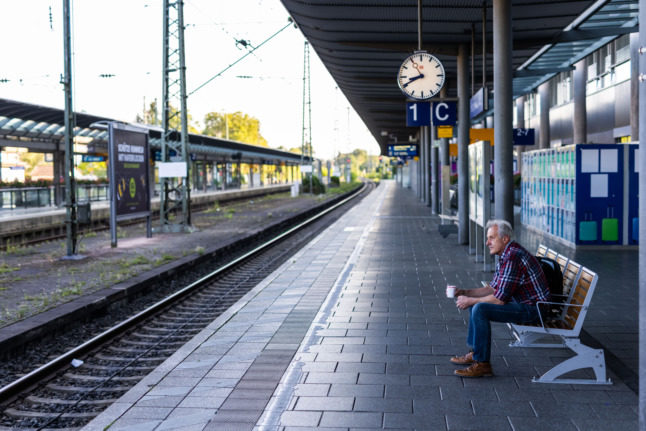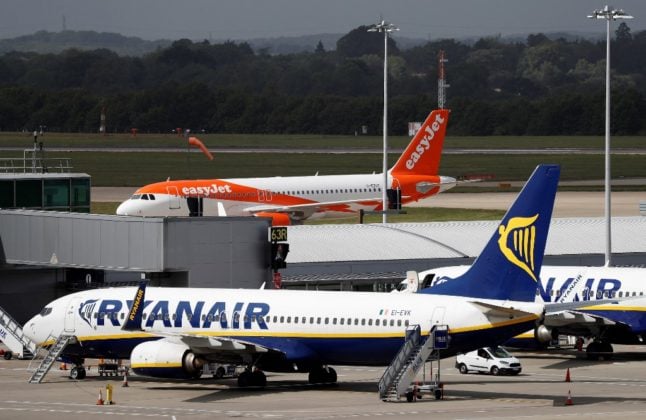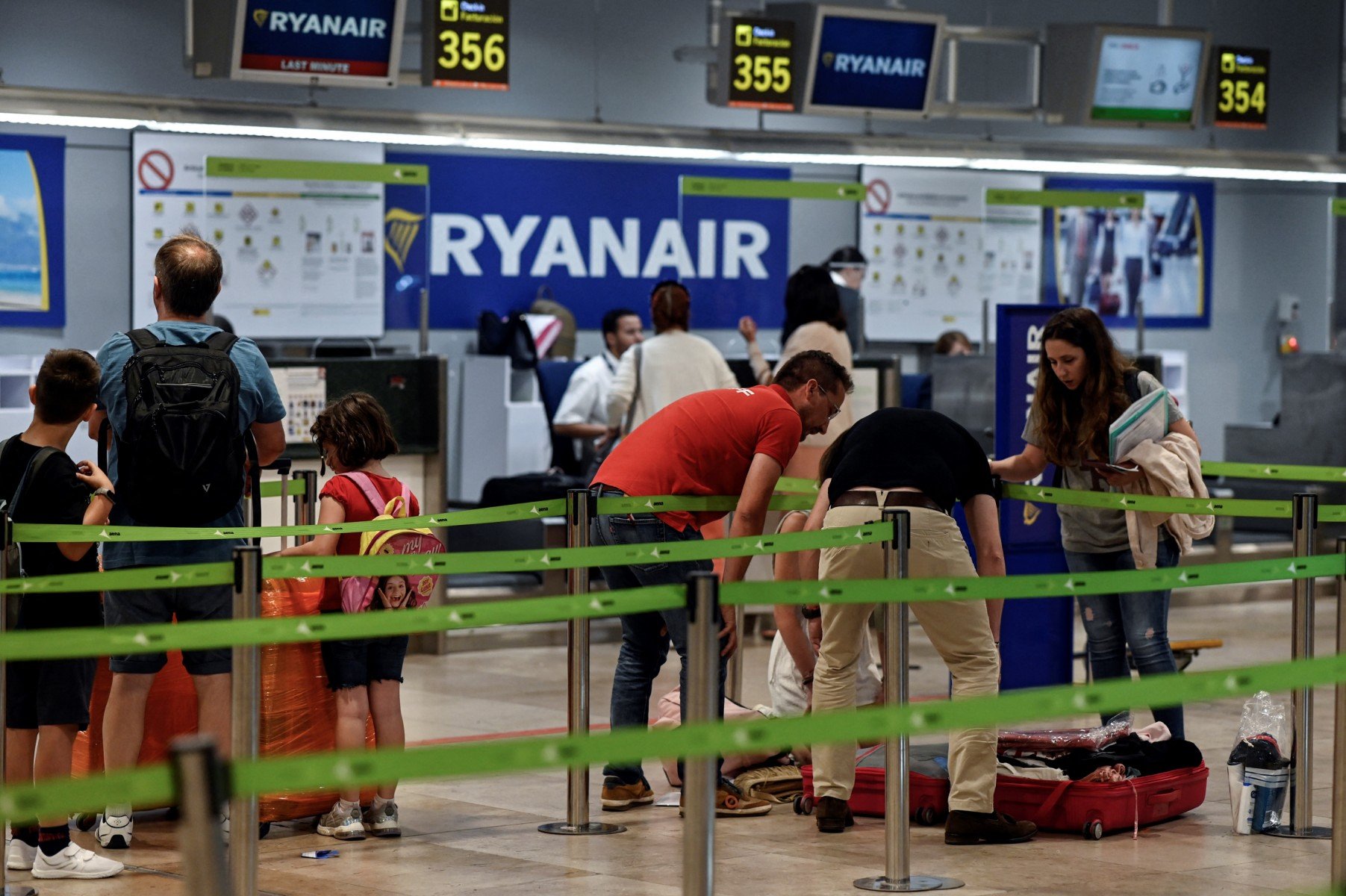According to reports from DPA, Deutsche Bahn plans to make a “new and improved” offer to the GDL train drivers’ union ahead of this weekend in an attempt to see off renewed strike plans on Monday.
READ ALSO: Trains return to normal across Germany – but more strikes loom
The GDL had previously said it was planning to start organising its next walk-out from September 13th – less than a week after its previous six-day strike action – if the rail operator did not come back with a “negotiable offer” by that date.
The contents of the planned offer have not yet been disclosed to the media, but a Deutsche Bahn spokeswoman said that the company was intensively examining where both sides could come closer together.
“In the interest of our customers, we must now urgently reach an agreement,” she told travel news site FVW.
Ongoing wage dispute
So far in August and September, there have been three rail strikes organised by the GDL in an attempt to force Deutsche Bahn’s hand in a fierce battle over wages.
Having suffering record losses in the wake of the Covid pandemic, the rail operator wants to introduce a 3.2 pay increase for its staff in increments over three years – starting with a pay freeze in 2021. It has also promised that nobody will be laid off as a result of the company’s post-pandemic losses.
READ ALSO: EXPLAINED: How the German rail strikes could affect you
The GDL, meanwhile, is insistent that employees should be offered a wage increase of 3.2 percent over the next 28 months. In addition, the union is demanding a €600 ‘Covid bonus’ for continuing to work throughout the pandemic.
Ahead of the previous strike action, Deutsche Bahn said it was open to considering some kind of Covid bonus for employees.
But GDL chairman Claus Weselsky has accused the rail operator of being inflexible.

GDL chief Claus Weselsky has accused Deutsche Bahn of “playing for time”. Photo: picture alliance/dpa | Paul Zinken
“We’ve given Deutsche Bahn time to think things over after the last strike, but it seems to me that the railway board is taking a bit long to think things over,” Weselsky said. He added that Deutsche Bahn was apparently playing for time, but warned that this could no longer be an option.
Weselsky has previously rejected offers from Deutsche Bahn that are not extended to all employees, and has said that all of the GDL’s demands must be met for the intermittent strikes to come to an end.
Majority of Germans disagree with the strikes
According to a YouGov survey on behalf of DPA, 53 percent of Germans had no sympathy with GDL’s most recent strike. In contrast, just over a third (36 percent) said they understood the union’s motives.
The strikes during the holiday season affected not only commuters but also holidaymakers. Moreover, the third strike in passenger transport also extended over the weekend.
According to the survey, around one in seven people in Germany were affected by the stoppages, which wreaked havoc on rail transport in all major cities and regions across the country.
READ ALSO: How to navigate the Deutsche Bahn train strikes in your region of Germany
Will the strikes be called off?
This all depends on the substance of the offer that Deutsche Bahn plans to make.
The GDL has assumed an unbending stance over the months-long dispute, and at this point it seems unlikely that anything other than an almost complete acceptance of their demands will get the union to call off the strikes.
In a press statement issued on Thursday, Weselsky said that the question of whether the union should strike “has never been questioned by our members who are ready to fight”, adding that their right to strike had also been affirmed by the courts.
READ ALSO: German rail chaos continues after two failed attempts to prevent strikes
“The alternatives are therefore on the table and DB has the choice of where to go,” he said. However, it should not wait too long to make its decision. We have been clear about the time frame.”




 Please whitelist us to continue reading.
Please whitelist us to continue reading.
I’m amazed at how little notice is given before these strikes. Is this normal for Germany?
The first thing we learned when moving here is not to depend on the bus or the trains. They are very unreliable and strike at the drop of a hat. We pay more for our car, but we’ll get there and when we planned on getting there.